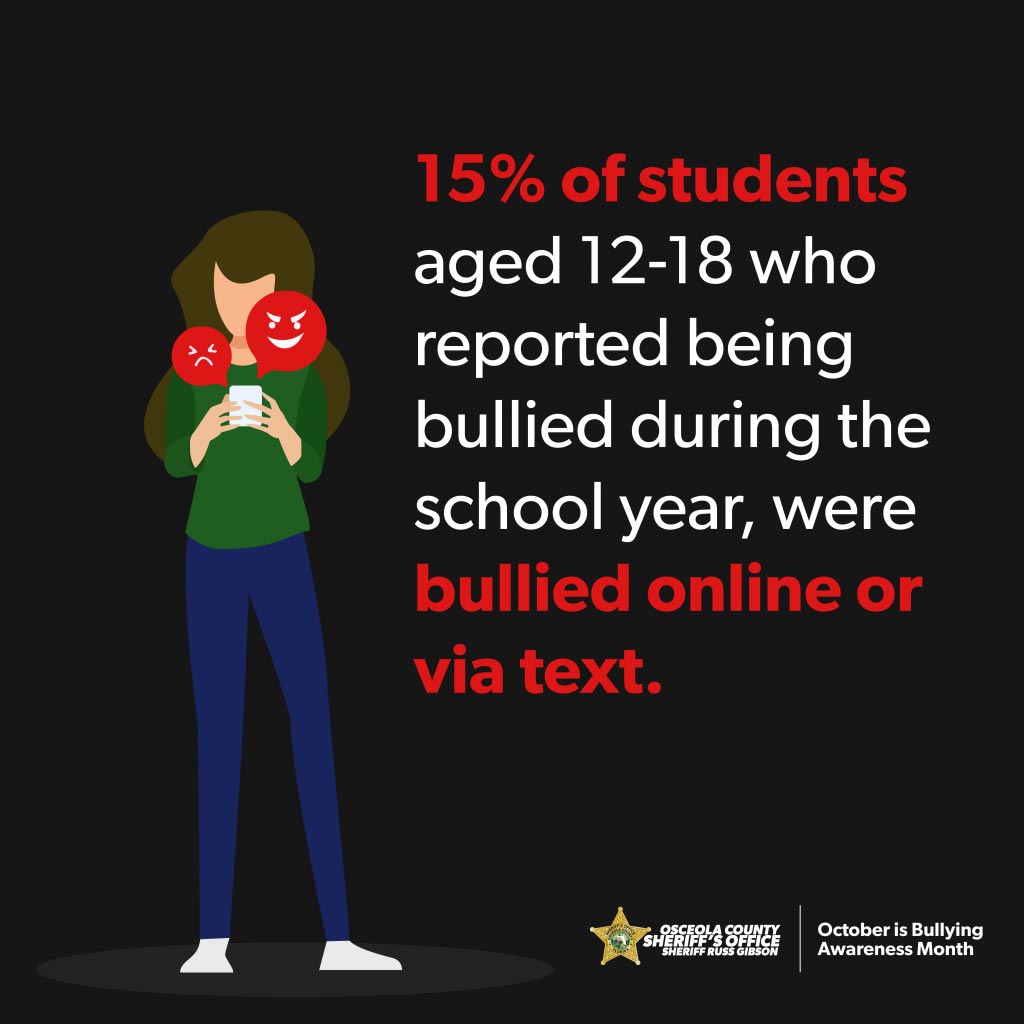Bullying may seem like a thing of the past to some, but it is still a serious issue for school-aged children in 2020. In the United States, 20% of students age 12-18 have experienced bullying. The Centers for Disease Control and the Department of Education worked together to release this definition in 2014 in order to help teachers, law enforcement, and parents determine whether an incident is bullying.
What is bullying?
“Bullying is defined by three core elements:
- Unwanted aggressive behavior
- An observed or perceived power imbalance
- Repetition of the high likelihood of repetition of bullying behaviors
The 3 main types of bullying are physical, verbal, and social. If you or your child has experienced any of the following, it could be considered one of these forms of bullying: being the subject of a rumor or lie, being made fun of and insulted, being pushed, shoved, tripped, or spit on, being excluded, being threatened with harm, being forced to partake in activities against ones will, and having personal property destroyed on purpose. Harassment, hazing, and assault are forms of bullying that can be considered a criminal offense.
Recent generations have grown up with technology as a part of their daily lives which has conceived another category of bullying called cyberbullying. Cyberbullying occurs in online locations like social media, messaging apps, online forums and chat rooms, email, and online gaming communities. 15% of students aged 12-18 who reported being bullied during the school year, were bullied online or via text. To help prevent cyberbullying, parents can monitor their children’s use of social media and other technology. Free apps and software are available to assist parents in restricting content, blocking domains, and viewing their children’s online activities without physically looking at their child’s device.
Those that bully others have been found to have similar traits among peers. 56% of bullies had the ability to influence other students’ perceptions, 50% had more social influence, 40% were physically stronger or larger than their victims, and 31% had more money.
As a parent, what should I do when my child is a victim of bullying?
Research shows that the sooner an adult intervenes, the better. An adult could be a teacher, school administrator, or a parent, and it is encouraged that they have another adult to assist them. When intervening during a bullying incident, the adult should lead by example and model respectful behavior. With the help of other teachers and school administration, the kids involved should be separated to make sure everyone is safe. An adult should attend to any immediate medical or mental health needs the victim or bully may need. As an adult, you should stay calm and reassure the children involved that everything will be resolved.
If there is a weapon involved, threats of serious physical injury, threats of hate-motivated violence like racism or homophobia, serious bodily harm, sexual abuse, or if anyone is accused of illegal activity, an adult should alert the police and necessary medical teams immediately.
If your child is being bullied in a school environment, and you’re not sure where to start, here is a suggested “chain of command” for you to follow. You should first reach out to your child’s teacher. If the bullying does not stop, you should then reach out to the school counselor. The principal would be the next figure involved if the bullying persists followed by the school superintendent, and lastly, the state department of education. If you feel the school has not handled the situation appropriately and would like to take further action, you can contact the school superintendent, state department of education, the US Department of Education(Office for Civil Rights), and finally the US Department of Justice (Civil Rights Division).
If you, your child, or someone you know has been a victim of bullying, please look into the resources below.
For those between the ages of 13-24 who would like help, you can visit the HelpChat at www.stompoutbullying.org/helpchat.
If HelpChat is offline, or you would like to speak to someone further, please call the National Suicide Prevention Lifeline at 1-800-273-TALK (8255). The National Suicide Prevention Lifeline is a national crisis hotline and handles more than just suicide.
If a crime has been committed or someone is in immediate danger, please call 911.
If you have questions or would like more information on anything we have touched on in this article, please visit www.stopbullying.gov.

